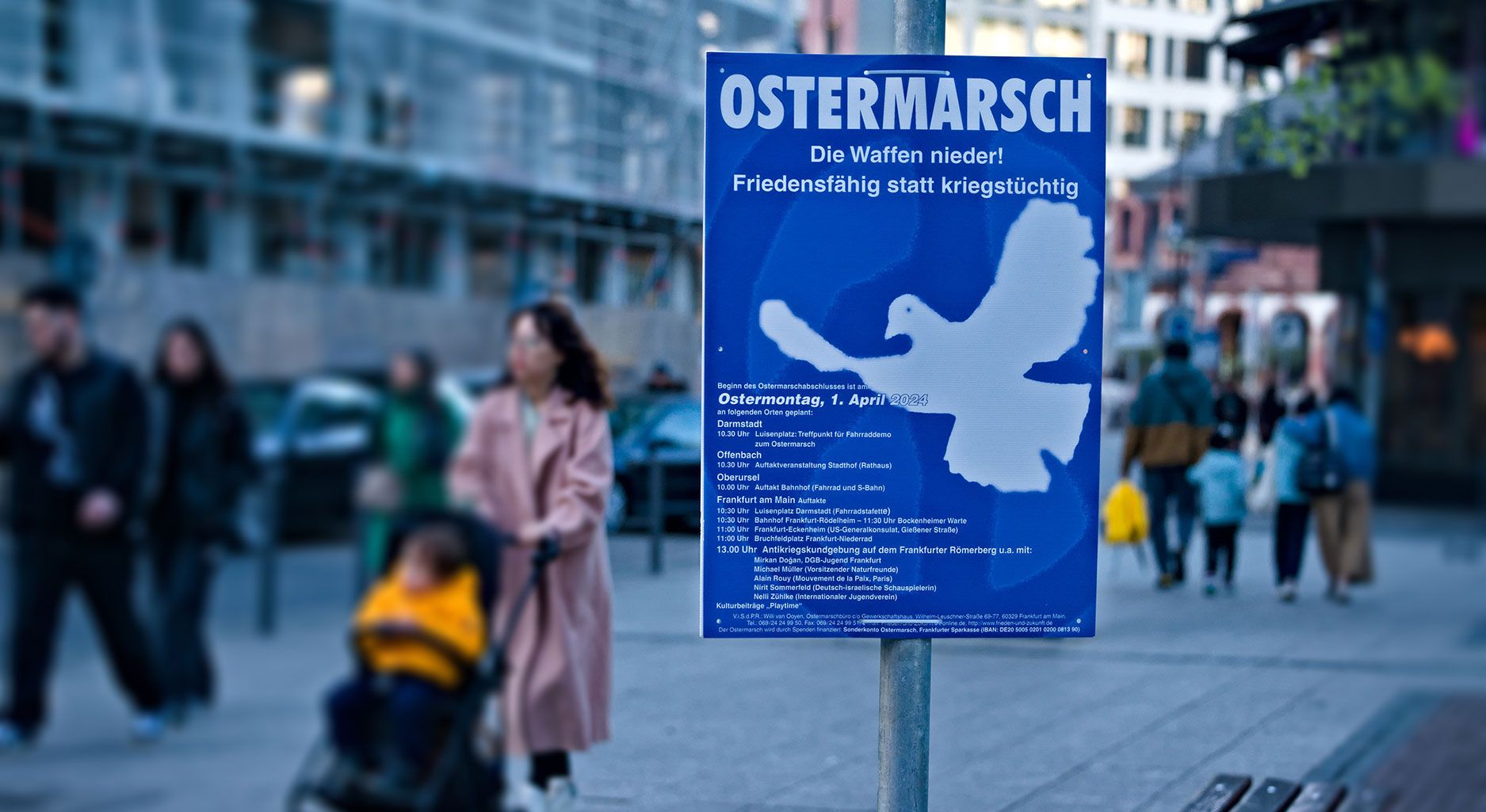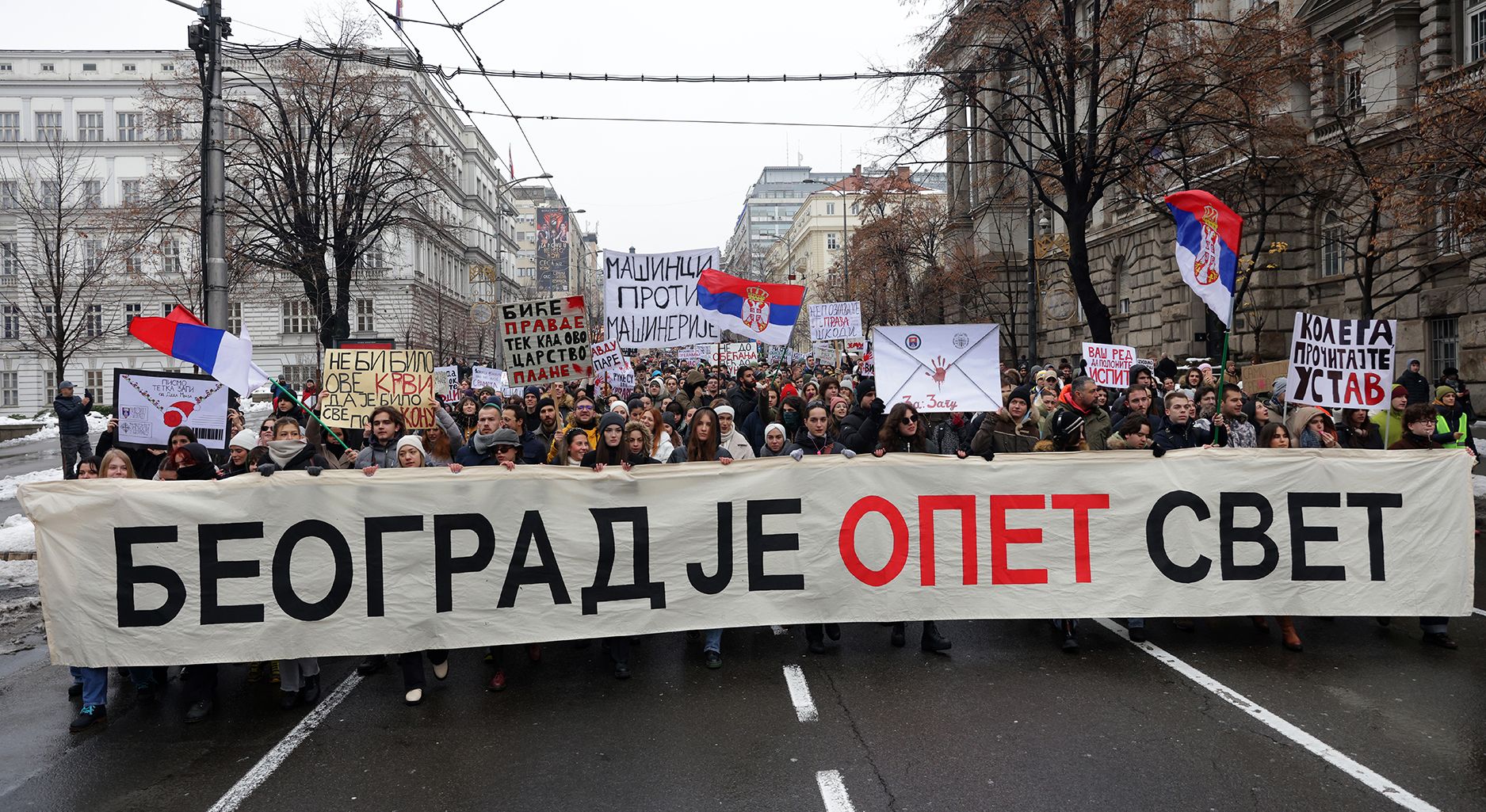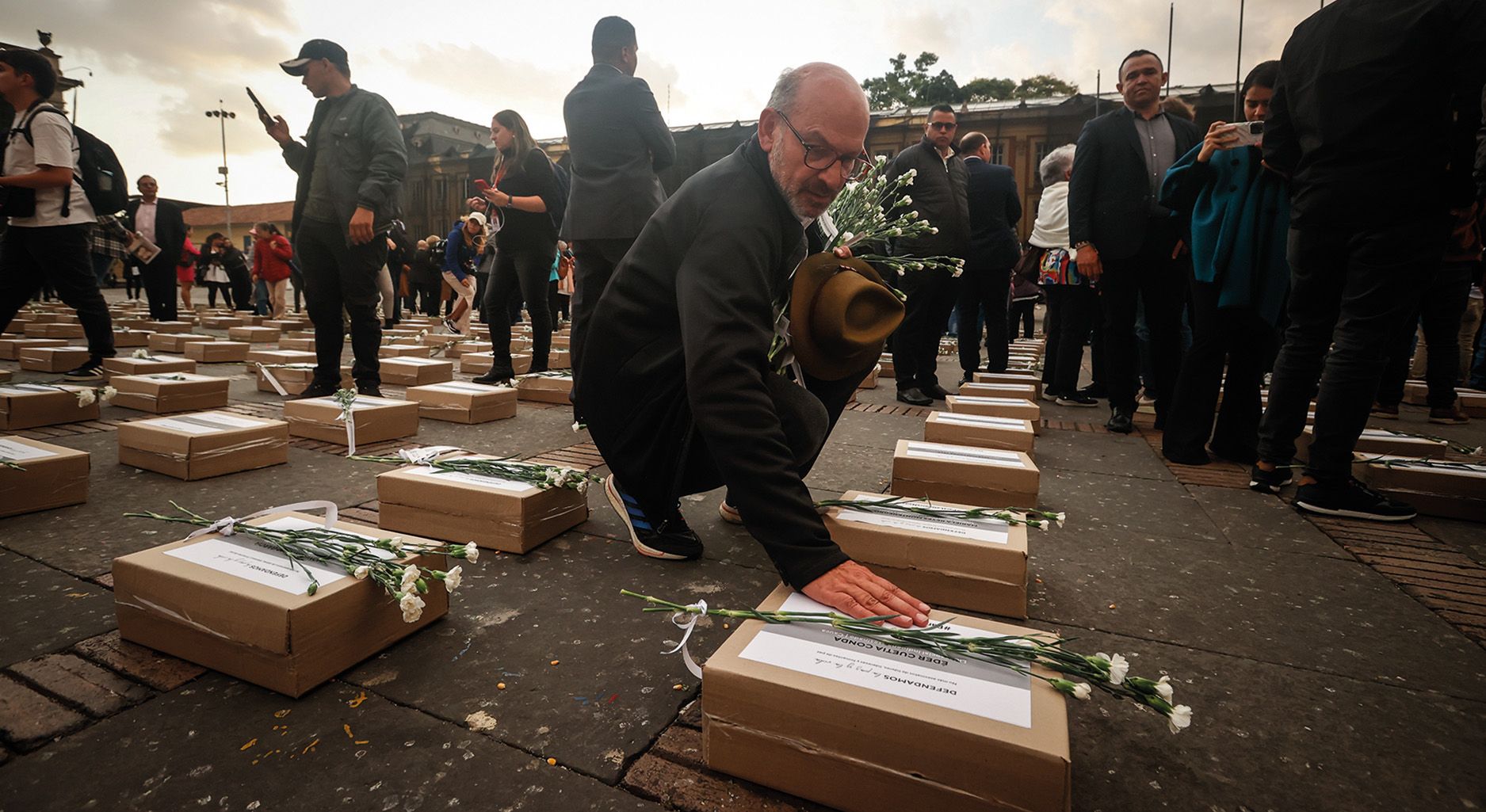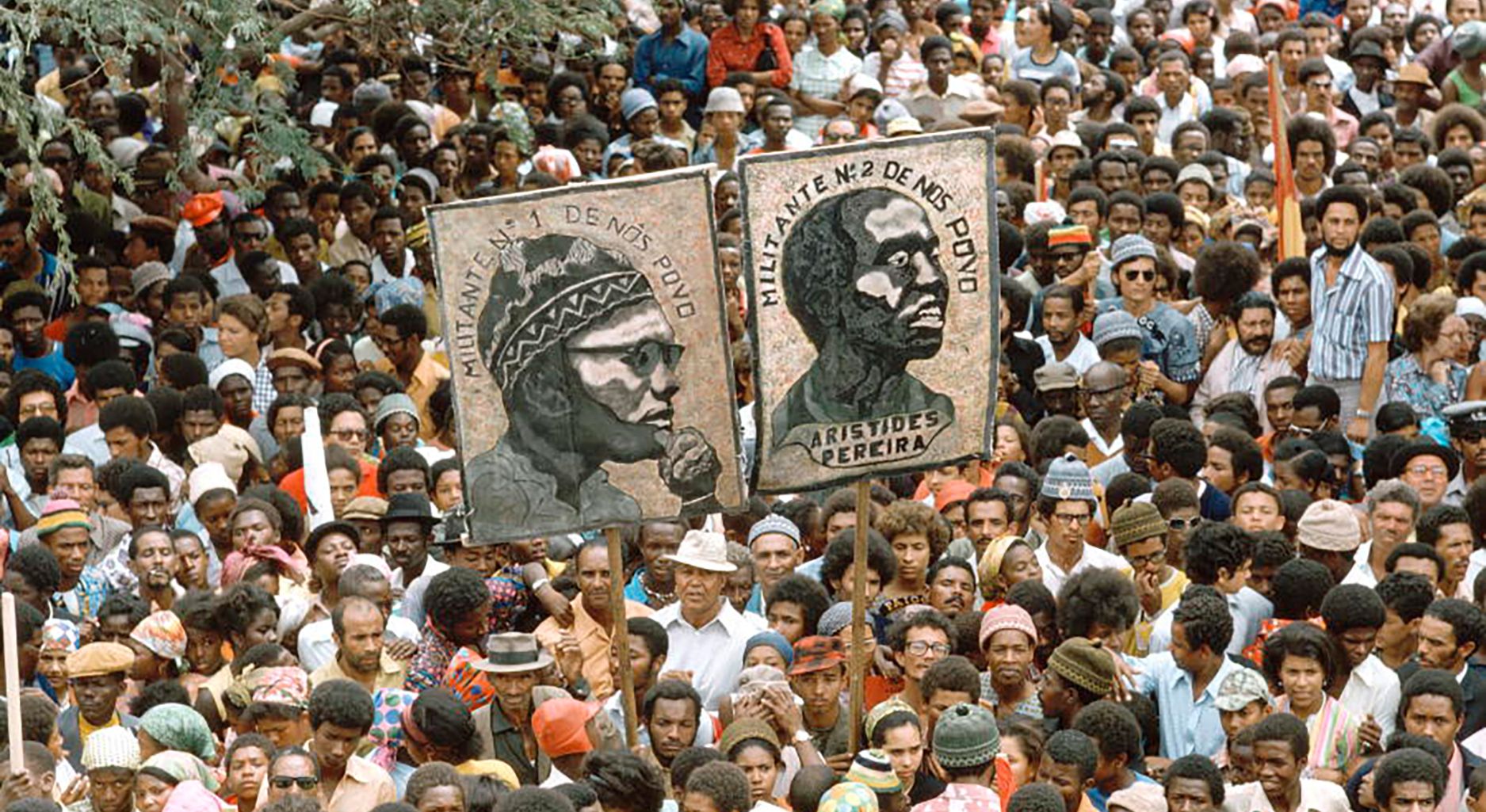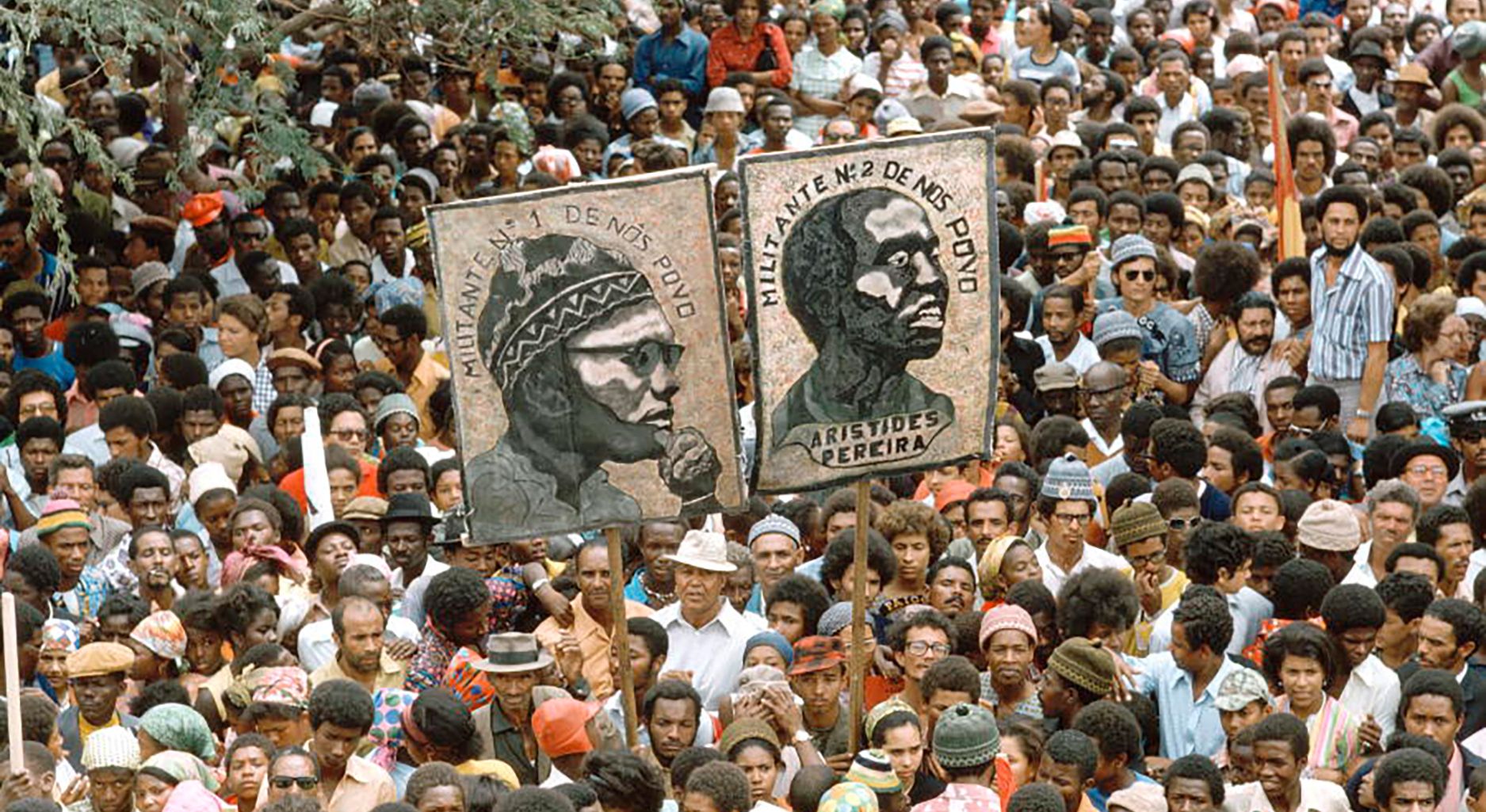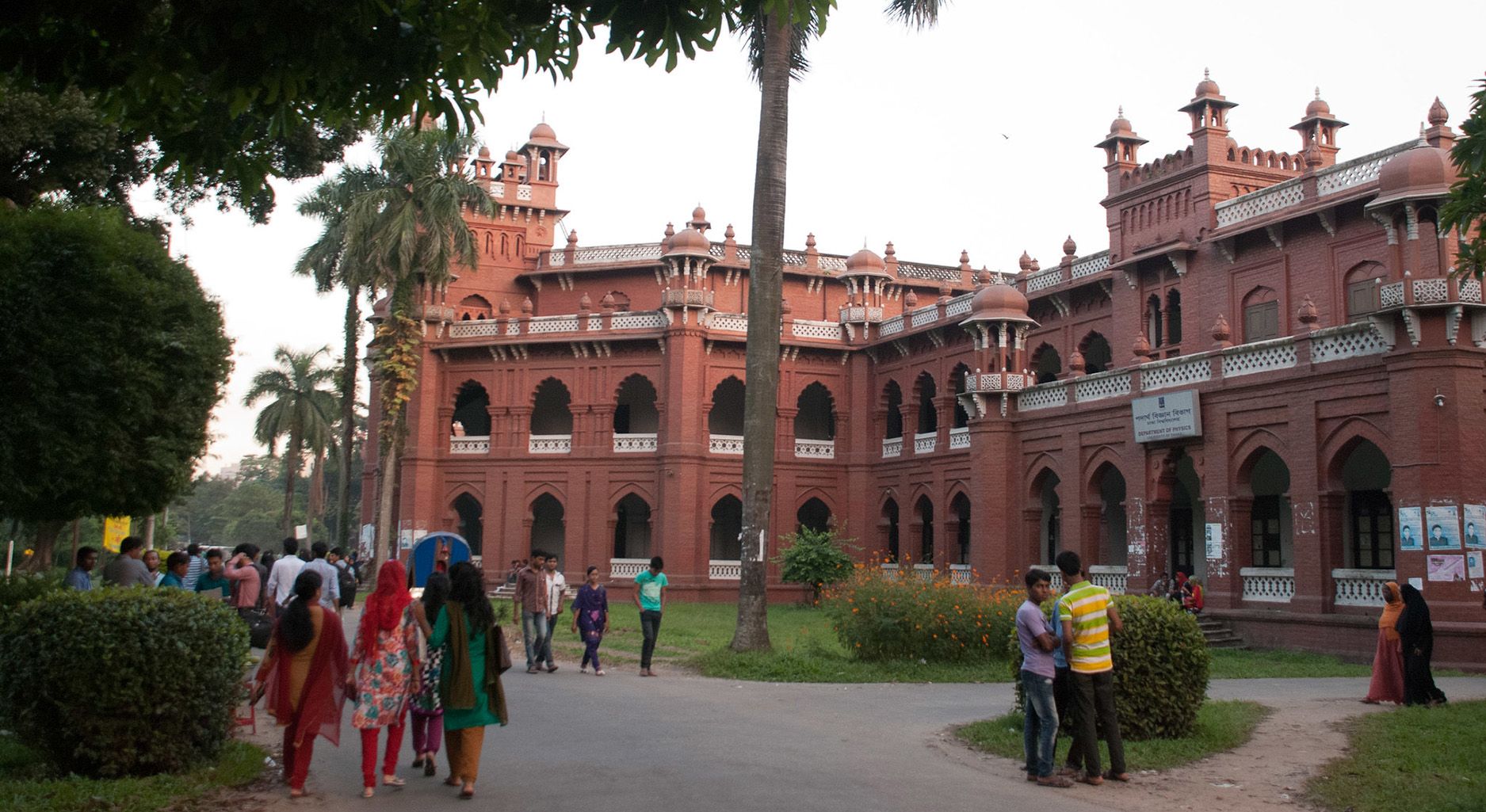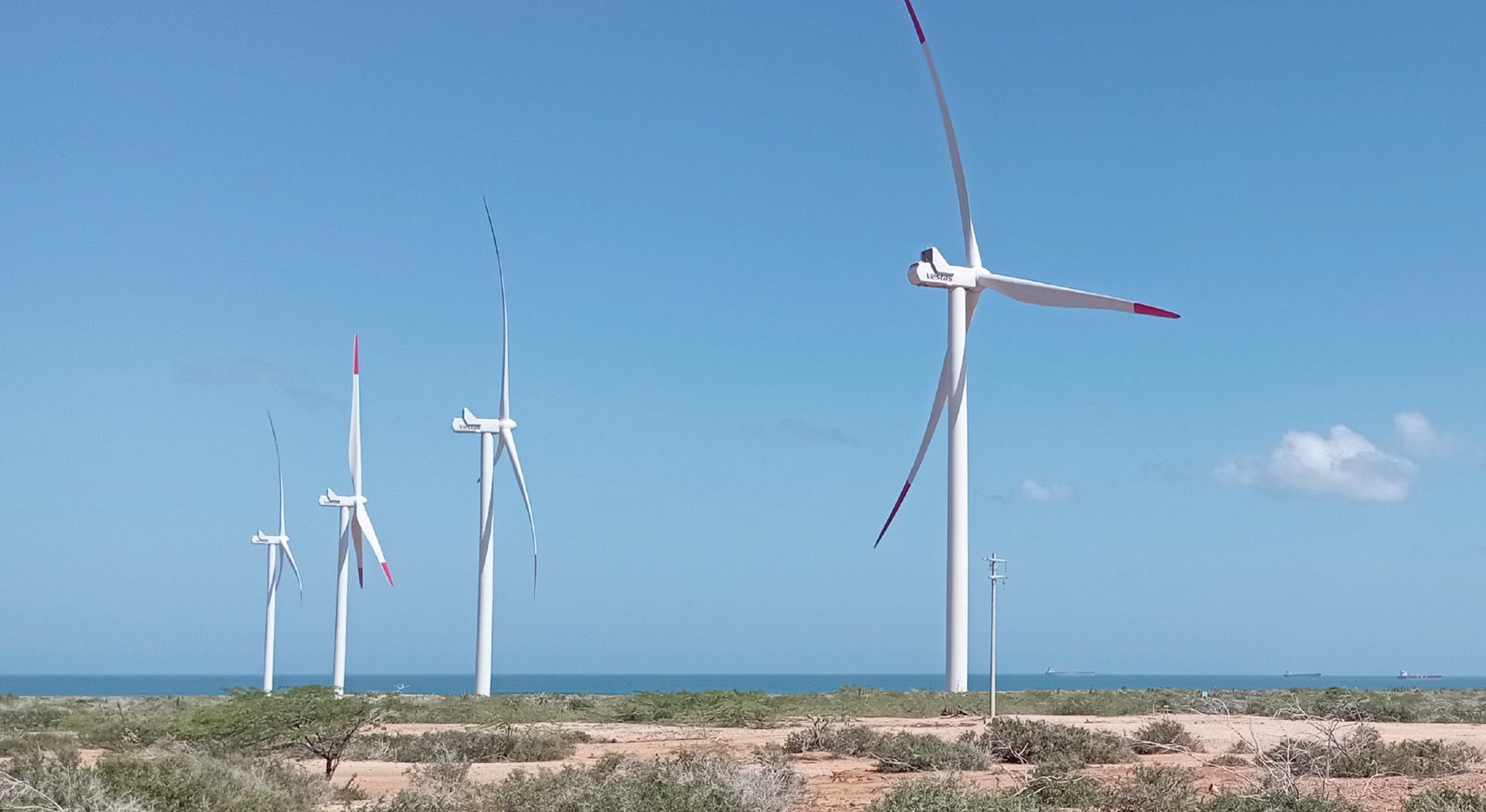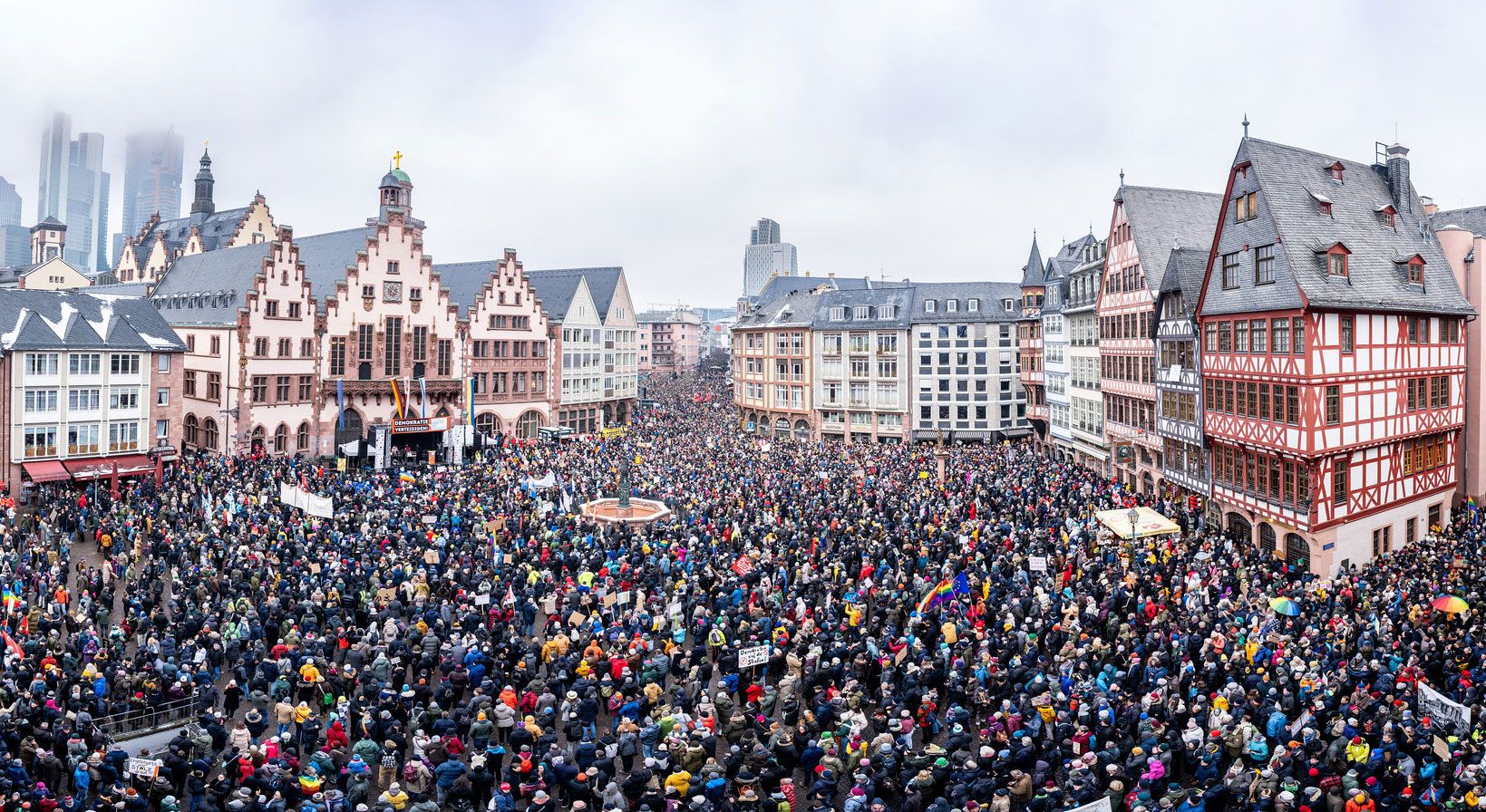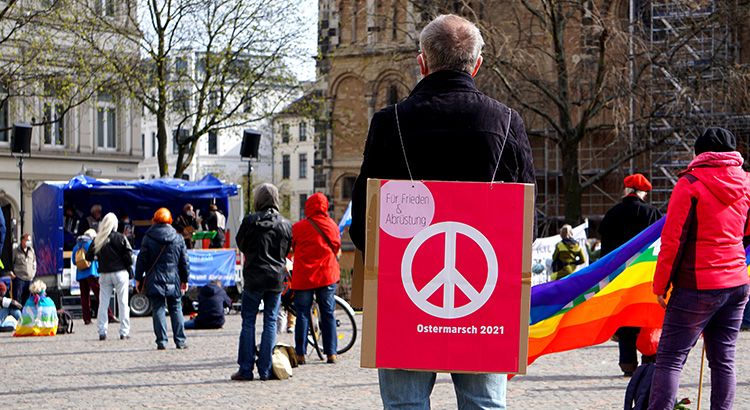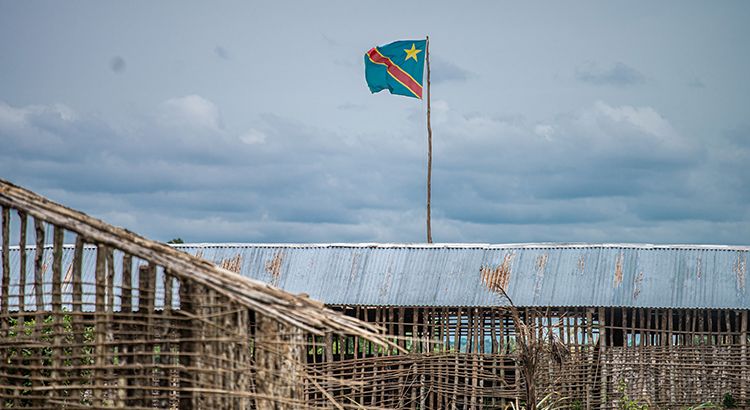Schlagwort: Protest
Auch dieses Jahr finden in vielen Orten Deutschlands Ostermärsche statt. Die Aufrufe thematisieren vor allem den Krieg gegen die Ukraine, das Blutvergießen in Gaza nach dem Angriff der Hamas auf Israel, das massive Aufrüsten der Bundesrepublik und anderer NATO-Staaten sowie die Stationierung von Mittelstreckenwaffen. Es zeigen sich erhebliche Unterschiede zwischen den Aufrufen, doch wie auffällt, tun sich viele schwer mit Kritik an Russland, während sie Israel massive Vorwürfe machen.
Uprisings in Serbia. Struggle(s) against a resilient regime
Following the collapse of the recently renovated Novi Sad train station, which resulted in the death of 15 people, students across Serbia have been leading one of Europe’s largest protest movements. After months of anti-corruption demonstrations demanding justice and government accountability, hundreds of thousands gathered in Belgrade on March 15, 2025, in what some call the largest mass protest in Serbia’s history. While unprecedented in scale, these protests build on previous uprisings since 2018, driven by diverse causes, but united by a common thread – deep dissatisfaction with the corrupted state apparatus and Vučić’s regime.
Tödliche Gewalt gegen friedlichen Aktivismus. Was wissen wir über die Ermordung von Menschen, die sich für Menschenrechte, Land- und Umweltschutz engagieren?
Im Jahr 2023 wurden laut Global Witness weltweit mindestens 196 Land- und Umweltaktivist*innen umgebracht, Front Line Defenders zufolge insgesamt 300 Personen, die sich für Menschenrechte einsetzen. Die Forschung zu dieser tödlichen Gewalt gegen friedlichen Aktivismus steckt noch in den Kinderschuhen. Was wissen wir über Charakteristika, Muster und Ursachen? Und was folgt daraus für die europäische und deutsche Politik?
Sinal de Alerta para Novos Conflitos: Crescente Polarização Social na Guiné-Bissau
Os protestos da Geração Z mantiveram em suspenso durante semanas os governos do Quénia, da Nigéria, da África do Sul e do Uganda, entre outros. Fora do radar internacional, a Guiné-Bissau tem testemunhado recentemente protestos intergeracionais, após uma alegada tentativa de golpe no final de 2023. Manifestantes acusam o Presidente de ter orquestrado o golpe para dissolver o parlamento por decreto. Muitos na Guiné-Bissau agora contestam a presidência e exigem o cumprimento do calendário eleitoral, e a manutenção das eleições presidencias marcadas para novembro de 2024. Este artigo aproveita os protestos como um momento para ampliar a visão sobre o tópico, oferecendo leituras narrativas e contra-narrativas da tentativa de golpe para contextualizar a atual situação política.
Early Warning for New Trouble? Increasing Social Polarization in Guinea-Bissau
Gen Z protests have kept governments in, among others, Kenya, Nigeria, South Africa, and Uganda, in suspense for weeks. Off the international radar, Guinea-Bissau has witnessed cross-generational protests lately, following an alleged coup attempt in late 2023. Protestors accuse the President of orchestrating the coup to dissolve parliament by decree. Many in Guinea-Bissau now challenge the presidency and demand adherence to the election schedule, with elections set for November 2024. This blog post takes the protests as a moment to widen the view, offering both narrative and counter-narrative readings of the coup attempt to contextualize the current political situation.
Bangladesh Quota Protest – Tip of the Iceberg?
Violent clashes between students and police in Bangladesh have officially claimed more than 300 lives (unofficial figures are much higher). The students are protesting against a controversial quota system that reserves 56% of governmental jobs, leaving only 44% for general merit-based selection. Although the initial mobilisation of the students was about quota reform, the continuation of the protests indicates deep-rooted anger against the Sheikh Hasina government. Even if the protests are called off, which is not the case at the moment, justice for those who lost their lives in the protests will remain elusive.
Resisting Energy Transition? Understanding Roadblocks in Northern Colombia
La Guajira in northern Colombia has seen a disproportionate number of roadblocks recently, especially connected to wind park construction sites, staged by people demanding that the state implement economic, social, and physical security improvements. This conflict is an example of local impacts of the global energy transition on historically marginalized people. In this Spotlight we argue that La Guajira is a prime case showing how the energy transition is leveraged to indirectly address the state through private companies.
Aufstehen gegen Rechts – ein langer Weg zu gehen
Die Massenproteste gegen Rechts haben deutlich gemacht: Viele Menschen wollen dem Erstarken der extremen Rechten nicht länger zuschauen. Sie wollen eine demokratische Gesellschaft ohne Wenn und Aber. Dabei dürften die Proteste eher einen lautstarken Anfang als das Ende der Auseinandersetzungen markieren. Denn die Entwicklungen und Krisen, die der extremen Rechten den Nährboden bereiten, bestehen weiterhin. Der zivilgesellschaftliche Aufbruch ist dabei zugleich Angebot und Aufforderung an die Politik, eine andere Mitte zu finden, die sich von den nach Rechts schielenden Narrativen der „Besorgten Bürger“ löst.
Die Ostermärsche 2023 und der Überfall auf die Ukraine: Nur wenige Aufrufe fordern Russlands Rückzug
Die Ostermärsche schauen auf eine jahrzehntelange Geschichte zurück. Zu ihren Hochzeiten konnten sie Hunderttausende Menschen auf die Straße bringen. Welche Themen und Appelle dabei im Zentrum standen, hing vom jeweiligen Konfliktgeschehen in Europa und der ganzen Welt ab. In diesem Jahr stehen die Aufrufe im Zeichen des russischen Angriffskrieges gegen die Ukraine. Während zahlreiche von ihnen Waffenlieferungen an die Ukraine kritisieren, verlangt nur eine kleine Minderheit den Rückzug der russischen Truppen.
Regional Solutions to Regional Problems? Protests in the DRC Highlight the Challenges of Regional Military Peace Operations
Just three months since the first deployment of military contingents, the East African Force in the Democratic Republic of Congo has become heavily contested by Congolese activists and parts of the Congolese population. The protests, which took place in Kinshasa, Goma and Bukavu, powerfully demonstrate that regional military initiatives are no panacea for multi-level security challenges but may in fact run the risk of intensify existing challenges and conflict dynamics.
